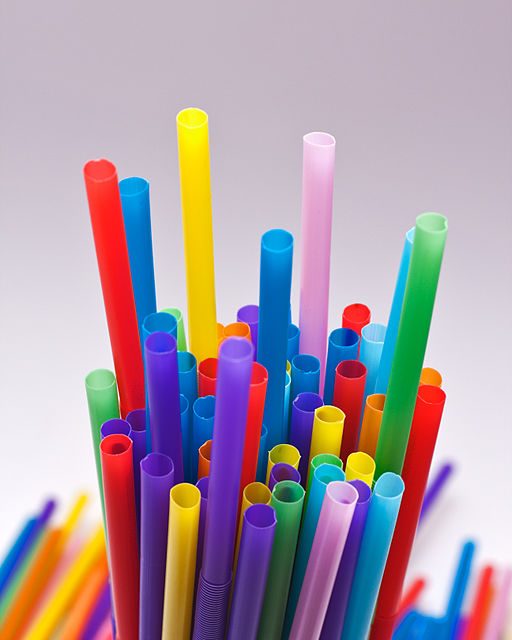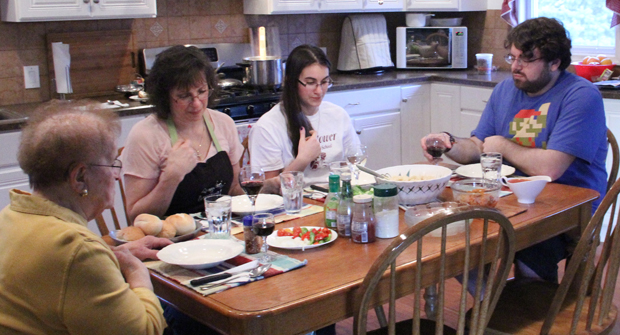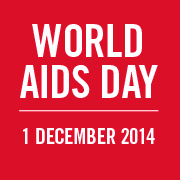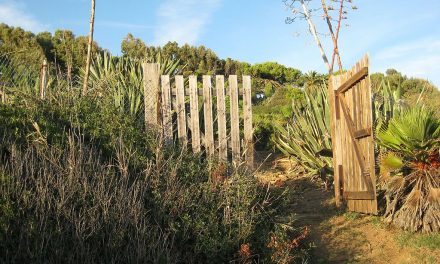I have watched with curiosity over the past couple of weeks as a debate emerged within my social media circles. First, there was an outpouring of support for the city of Seattle when it legislated a ban on plastic straws in all its restaurants, with San Francisco and New York not far behind. Several private corporations also announced their intent to eliminate plastic straws, including Starbucks, Hyatt, and American Airlines. These were all seen as environmental victories, and one with a particularly emotional charge thanks to a 2015 viral video that featured the painful, bloody removal of a straw from a turtle’s nose.
Then, within a week, there was a different outcry: disability advocates were challenging the ban, arguing that, once again, laws had been made while disregarding the needs of people with disabilities who rely on plastic straws for drinking. And so a debate began to emerge: do the needs of people with disabilities outweigh the needs of the environment? In what I write today, I do not plan to rehash the reasons why people with disabilities do, indeed, need access to plastic straws: that has already been thoroughly done here. I do not even intend to engage the argument about whether eliminating straws is the most effective reduction of plastic. It is enough to assume that reduction of any amount of plastic in the oceans is, in a general sense, a good thing. Instead, I want to consider the dichotomy that has been (erroneously, I argue) set up between the needs of a marginalized community (people with disabilities) and the needs of the global environment.
In one sense, this could be seen as a tension between enacting a preferential option for the marginalized, and working towards the common good. Both are foundational principles in Catholic social teaching — and, according to CST, they are meant to work together. The common good, in order to be common, must attend to the preferential option. There is no “common good” that leaves out those on the margins. The preferential option is part of what distinguishes the common good from a sheer utilitarian calculus. For Catholics, remembering this connection between the preferential option and the common good is paramount, and offers us a theological reason to make sure we take seriously the needs that members of the the disability community are expressing.
Yet, every so often, a case like this emerges, which at least appears to put a wedge between the two. To be clear, ecological theology — and ecological activism more broadly — does not intend the exclusion of people with disabilities. Rather, it is subject to the same kind of oversight that permeates society and culture: looking through an ableist lens, straws appear to be “nonessential” items, something for which there are enough to substitutes that they won’t be missed when eliminated. And yet, for someone with a disability who cannot hold or lift a cup, who has difficulty swallowing, or who is immunocompromised and cannot risk infection from an ill-cleaned reusable straw, plastic, bendable, single-use straws are essential. It’s rather like ramps: to the temporarily able-bodied, they seem nonessential until you’re in a position where even one or two steps is an overwhelming obstacle.
To their credit, the leaders of the #Stopsucking campaign were never trying to be absolutist with the ban on straws. Dr. Dune Ives writes, in explaining the rationale for targeting straws, that “We simply posed a challenge that encouraged individuals to embrace their own agency and to say no to the single-use plastic straws they were offered every day.” For them, this was about asking people to make choices that could benefit the common good. This emphasis on agency is actually something that they share with the disability rights movement; where they differ is that disability advocates know just how keenly a lack of access can impair agency. Banning plastic straws actually takes choice and agency away from people with disabilities. While, in theory, plastic straws should be made available for customers who need them, Shaun Bickley (Seattle Commission for People with DisAbilities) reported to NPR than he located dozens of restaurants that were unaware of this exemption. This, too, is a common story — even where the law provides accommodations and access, implementation of access is uneven. Care and justice for the environment is a noble cause that clearly benefits the common good. The problem is when certain communities are left out of the conversation about what constitutes that good. This is the primary complaint, issued time and again from disability advocates: they are never included in that conversation. It is not that people with disabilities don’t care about the environment, but that decisions were made which impact their well-being, without asking them.
Indeed, the disability community is not only left out, but also often rendered invisible by the ableist imagination. A few years ago, I heard Boston College theologian Andrew Prevot offer his reflections on the importance of aesthetics in thinking about both environmental justice and justice for people on the margins:
“I found myself worrying that it may be easier for a Christian today to be attracted to the green turtle than to a darkly colored poor person who lives and dies amid the refuse of this world’s racialized capitalist political economy. If this worry is at all founded, then something is terribly wrong with our aesthetics…We need to retrain ourselves to respond to the darkness of a human body, not with fear and anxiety, but rather with the wonder and respect due to any human being.” (“Response to Denis Edwards’ ‘Ecological Theology: Trinitarian Perspectives’,” Proceedings of the Catholic Theological Society of America 72 (2017), 30).
The challenge that Prevot offers here — to see and respond to the unjust treatment of people of color with the same empathy and urgency as that of a turtle — applies to people with disabilities, as well. Yet, I also want to offer a caveat to my comparison with Prevot’s words: the pity that people felt for that turtle while the straw was removed is a double-edged sword when it comes to people with disabilities. The disability community is tired of being seen as objects of pity, reduced to the elements of their lives that seem painful or demeaning to the temporarily able-bodied. Their demand for access (in this case, through the innocuous adaptive technology of a plastic straw) is most emphatically not about pity. It is about justice, about rendering to them what is due. It is about respect — respect for the needs that people with disabilities have articulated, and will continue to fight for. When the nondisabled paternalistically insist that there must be “other options,” it represents a failure of respect for people with disabilities.
I grant it as a positive sign for our cultural moral conscience when a video of a turtle can spur on practical, widespread action. Yet, it is a mark against our conscience when that progress seemingly comes at the expense of people who are already marginalized. As I stated at the beginning of this essay, there is no need to place the needs of the environment in competition with the needs of people with disabilities. Rather, we need to listen to this community, and ensure that their voices are a part of the solutions we work towards in environmental justice.
*Many thanks for the resources linked to throughout this post go to the many disability advocates I follow on social media, in particular the “Teaching Disability Studies” Facebook Group and Dr. Bethany McKinney Fox.






Trackbacks/Pingbacks